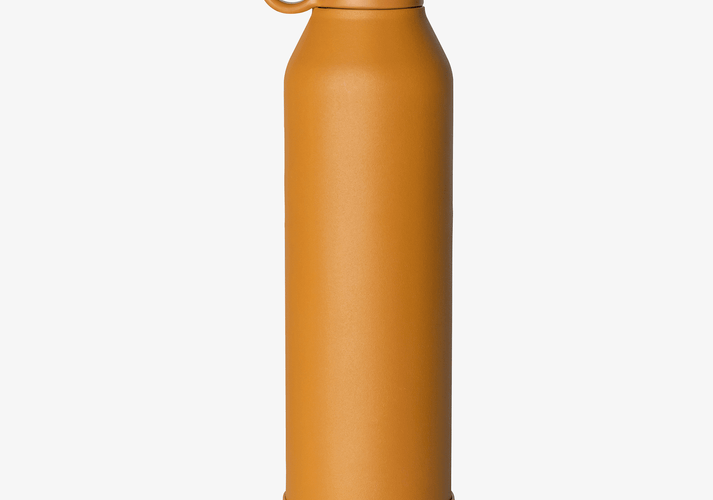When it comes to selecting a water bottle, prioritizing health and safety should be at the top of your list. The material from which a water bottle is made can have a significant impact on your overall well-being. Here are some of the healthiest materials for water bottles and the factors to consider when making your choice.
Stainless steel:
Stainless steel is often considered one of the healthiest materials for water bottles. It’s durable, resistant to corrosion, and doesn’t leach harmful chemicals into your water. Look for bottles made from high-quality 18/8 or 304 stainless steel, which is food-grade and doesn’t react with the contents of the bottle. Therefore, kids stainless steel water bottle is famous around the world.
Glass:
Glass water bottles are another excellent choice for health-conscious individuals. They are non-porous and don’t absorb flavors or odors, making them ideal for water and other beverages. Additionally, glass is entirely free from chemicals like BPA or phthalates that can be found in some plastic bottles.
BPA- free plastic:
If you prefer a lightweight and shatter-resistant option, look for BPA-free plastic water bottles. BPA (Bisphenol A) is a chemical commonly found in some plastics that has raised concerns about its potential health effects. BPA-free plastics are designed to eliminate this concern while offering the convenience of plastic.
Silicone:
Silicone water bottles are a unique option that is safe and versatile. Silicone is a non-toxic, food-grade material that doesn’t leach harmful substances into your drinks. It’s flexible, easy to clean, and lightweight, making it an excellent choice for travel or active lifestyles.
Factors to consider when choosing a healthy water bottle:
Material composition: Check the label or product description to ensure that the water bottle is made from a healthy and food-grade material. Avoid bottles that contain harmful chemicals like BPA, phthalates, or lead.
Durability: Consider the durability of the material, especially if the bottle will be used for outdoor activities or may experience occasional drops.
Ease of cleaning: Look for water bottles that are easy to clean, with wide mouths or removable components for thorough washing.
Insulation: Depending on your needs, you may want an insulated water bottle to maintain the temperature of your beverages.



